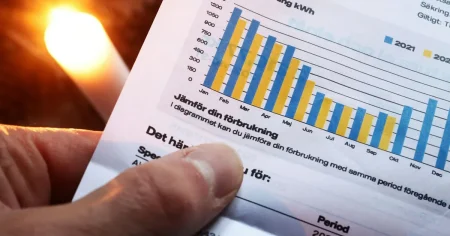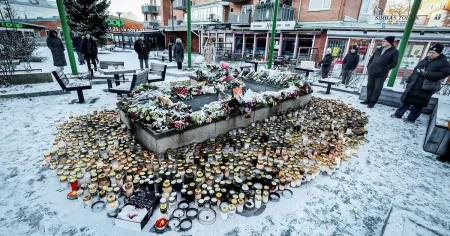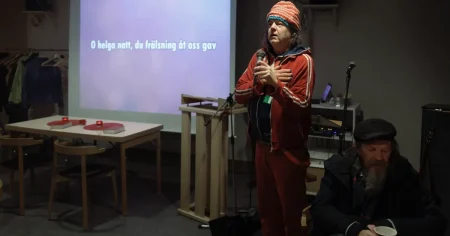The devastating Indian Ocean tsunami of December 26, 2004, left an indelible mark on the lives of thousands, including a significant number of Swedes vacationing in the affected region. While the immediate aftermath focused on the tragic loss of life, including 534 Swedes, the long-term impacts on the survivors have been less explored. A recent study by Lina M Eriksson and her colleagues at Uppsala University sheds light on the multifaceted consequences of this traumatic event, revealing both resilience and enduring psychological and political scars. The study meticulously analyzed data from 16,030 Swedish survivors, comparing them to a control group of statistically similar individuals to isolate the specific effects of the tsunami.
The research reveals a surprisingly positive overall trajectory for the majority of survivors. In the years following the tsunami, they pursued higher education at a greater rate than their counterparts in the control group, leading to higher incomes in the present day. Their general health and well-being are also comparable to the general population. This suggests a remarkable ability to cope with and even overcome the trauma of the disaster. However, this overall positive picture masks the struggles of a smaller subset of survivors. Those who experienced the most severe impacts of the tsunami and lacked adequate social support afterwards exhibit poorer mental health and well-being compared to those with strong social networks. This underscores the critical role of social support in mitigating the long-term psychological effects of traumatic events.
Beyond the individual level, the tsunami has profoundly impacted survivors’ trust in institutions and their political engagement. The study found a significant erosion of trust in authorities and politicians’ ability to manage natural disasters among the survivors. This lingering skepticism highlights a potential vulnerability should another major crisis occur. Rebuilding this trust requires not merely improved communication but also concrete demonstrations of competence and responsiveness from government agencies and political leaders. The survivors’ experience has fostered a deep-seated wariness that demands proactive and demonstrable action to address.
Furthermore, the tsunami experience has noticeably altered the survivors’ political leanings. The study reveals a decreased propensity to vote for the Social Democrats, the party in power at the time of the disaster, compared to the control group. This political fallout stems from the perceived mishandling of the crisis and the ensuing political scandal. Despite a formal apology from then-Prime Minister Göran Persson, the survivors’ resentment persists, indicating a lingering dissatisfaction with the government’s response. This shift in political sentiment underscores the long-lasting impact of crises on public opinion and the enduring consequences of perceived government failures.
Interestingly, the trauma of the tsunami has also spurred increased political engagement among survivors. Voter turnout is notably higher among this group, suggesting a heightened sense of civic responsibility and a desire to influence political outcomes. This increase, though driven by negative experiences, contributes positively to democratic participation. The survivors’ heightened engagement demonstrates that traumatic events can galvanize civic action, transforming personal loss into a motivation for political involvement.
Perhaps the most unexpected finding of the study is the decrease in religiosity and trust in the Swedish Church among survivors. This result contradicts established research suggesting that individuals often turn to religion for solace and meaning after traumatic experiences. This deviation from the norm highlights the influence of cultural context and societal norms on responses to trauma. In Sweden’s secular and egalitarian society, the established pattern of turning to religion in times of crisis appears to be less prevalent. This finding highlights the complex interplay between individual experiences, cultural context, and coping mechanisms in the aftermath of traumatic events. It challenges conventional assumptions about the relationship between trauma and religiosity and underscores the importance of considering cultural factors when studying these phenomena.














